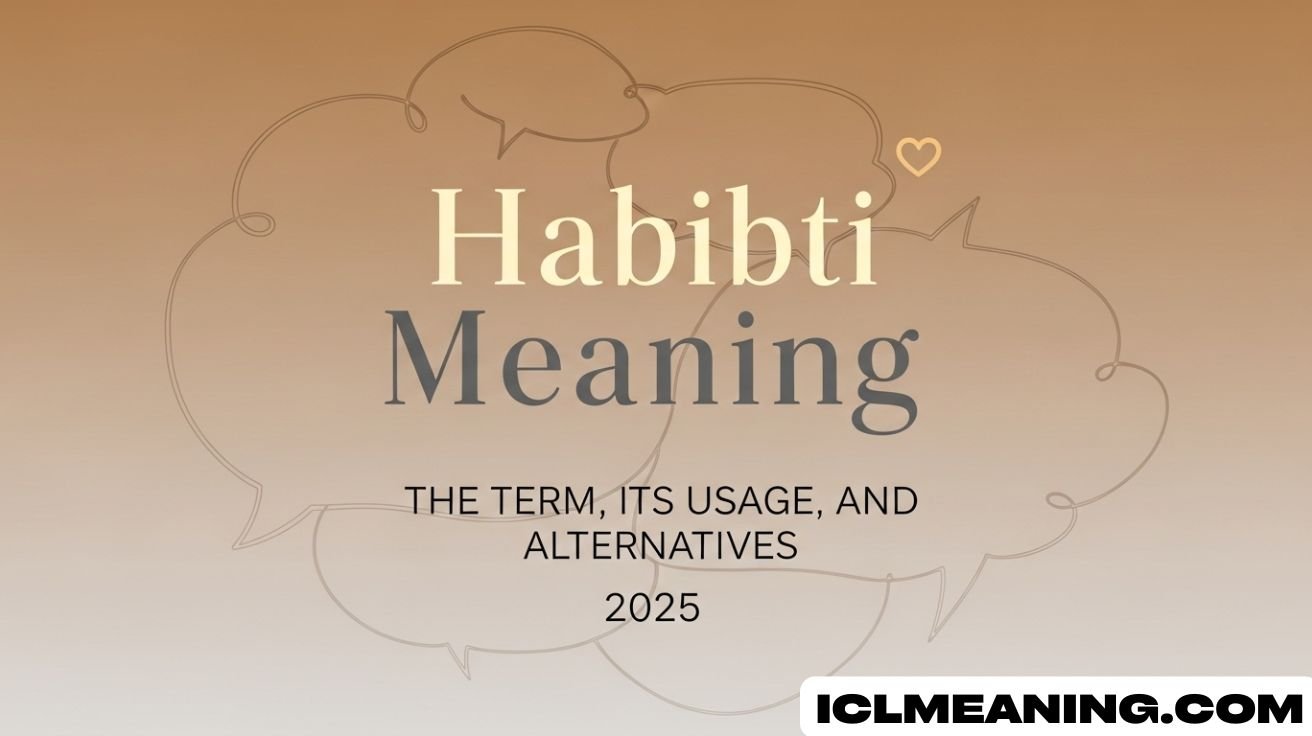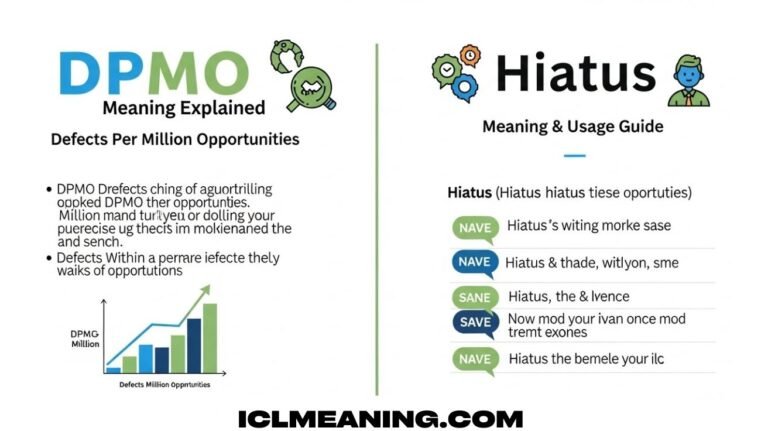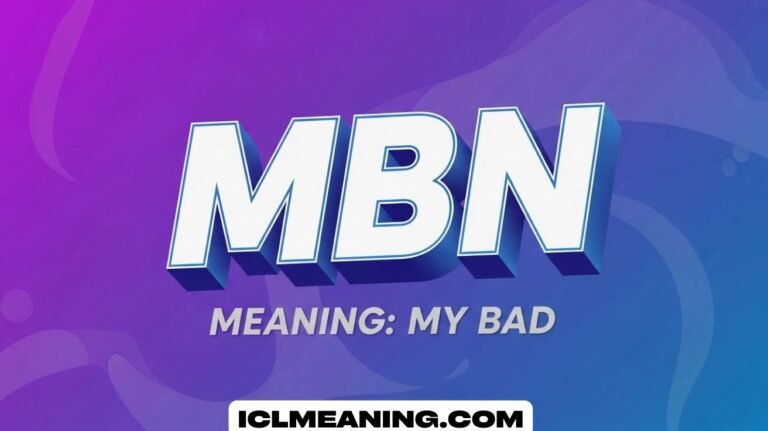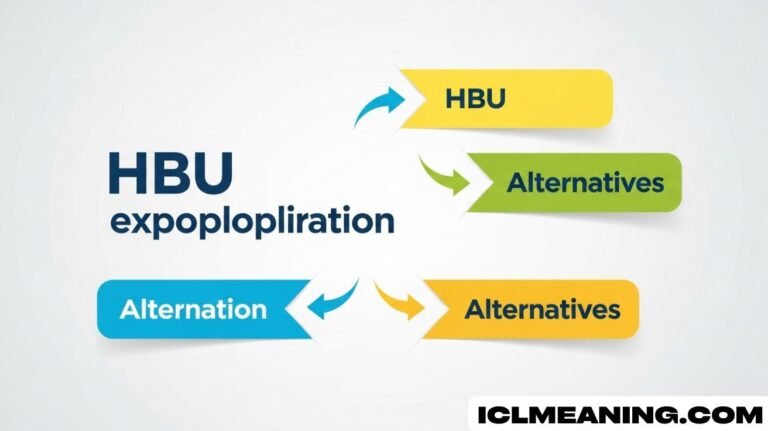Habibti Meaning: The Term, Its Usage, and Alternatives 2025
The word Habibti means “my love” or “my dear” in Arabic. It is a term of endearment used to show affection toward a woman. People often use it to express warmth, care, and closeness.
Have you ever heard someone say “Habibti” and wondered what it means? This word sounds soft and loving, often heard in movies or songs. It instantly captures the beauty of Arabic expressions for love.
In daily life, Habibti is used by friends, family, and couples. It reflects kindness and emotional connection in Arabic culture. Understanding its meaning helps appreciate the charm of affectionate Arabic words.
What Does “Habibti” Mean?
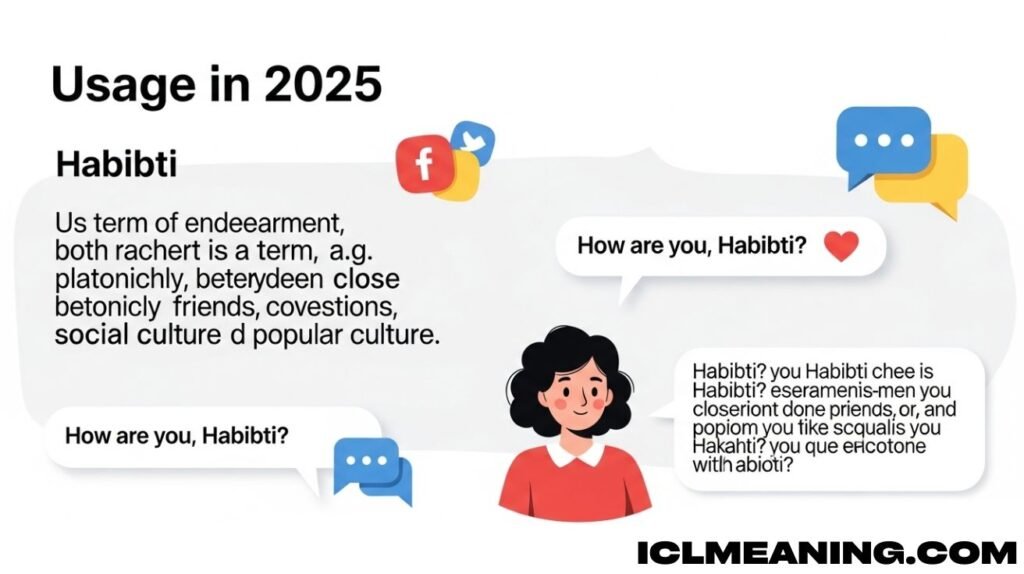
The word habibti (حبيبتي) is an Arabic term of endearment that translates to “my beloved,” “my darling,” or “my dear” in English. It is used specifically when speaking to or about a female loved one. The habibti meaning in Arabic expresses deep affection and care, making it one of the most beautiful and emotional words in the language.
The habibti definition shows that it is the feminine form of habibi, which is used for males. In Arabic grammar, the ending “-ti” signals the feminine form, which means habibti translation literally refers to “my beloved (female).” When you hear someone say “Good morning, habibti,” it is a warm, personal expression of closeness and love.
Below is a simple comparison that shows the habibi vs habibti difference:
| Arabic Word | Gender | Meaning in English | Example Use |
| Habibi (حبيبي) | Masculine | My beloved (male) | Used when speaking to a man |
| Habibti (حبيبتي) | Feminine | My beloved (female) | Used when speaking to a woman |
Understanding habibti meaning in English helps avoid confusion, especially since both forms sound similar but have gender-specific usage.
Origin and Usage
The habibti Arabic word comes from the root ḥ-b-b (حب), which means “love” or “affection.” The root is also found in many Arabic expressions for love, reflecting how deeply love and kindness are embedded in Arabic culture. Historically, this word has appeared in poetry, music, and traditional Arabic literature as a symbol of pure affection and respect.
In modern times, habibti in modern communication is commonly heard in daily conversations, Arabic films, and even international pop songs. Social media users across the U.S. and Europe often use the word affectionately, even if they are not Arabic speakers. This shows how globalized languages have become.
The cultural meaning of habibti is not limited to romantic relationships. It can also refer to close friendships, family love, or a general expression of warmth. For example, a mother may call her daughter “habibti,” and friends may use it playfully in casual talks. This flexibility makes habibti term of endearment one of the most universal and emotional Arabic words.
When to Use “Habibti”
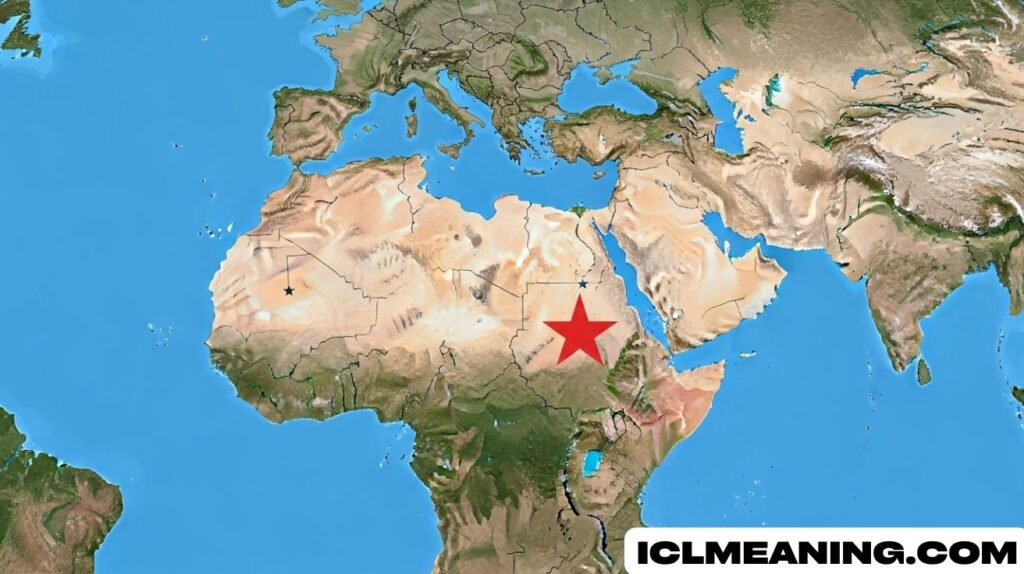
Knowing when to say habibti depends on context and relationship. In Arab cultures, how Arabs express affection is both sincere and respectful. You can use “habibti” when addressing your wife, girlfriend, sister, daughter, or a close female friend. It works both in intimate moments and friendly settings.
However, it is important to be aware of cultural boundaries, especially in the U.S., where certain affectionate Arabic words might sound too personal in professional or unfamiliar contexts. Using “habibti” in casual greetings among friends is fine, but it might be misunderstood if used toward someone you barely know.
When learning how to use habibti in a sentence, tone and context matter more than pronunciation. Although the habibti pronunciation sounds like “ha-beeb-tee,” it’s the emotional tone that defines whether it feels affectionate, polite, or romantic. Understanding habibti vs habibi explained helps avoid confusion when expressing kindness across cultures.
Example Sentences
Here are several examples of habibti in text and daily life that show its versatility and warmth:
“Good morning, habibti! How did you sleep?”
“Thank you for your help, habibti. You always make my day better.”
“Don’t worry, habibti, everything will work out fine.”
In each case, the tone of the sentence transforms the meaning. Among family, it feels nurturing; among lovers, it sounds romantic. For friends, it simply conveys fondness. The meaning of habibti for a girl always depends on the relationship, making it one of the most emotionally flexible expressions in Arabic.
Cultural Nuances
The habibti in Arabic culture reflects a broader view of affection that includes kindness, family ties, and respect. Unlike English, where endearments like “sweetheart” or “dear” may be reserved for romantic partners, Arabic speakers use common Arabic greetings and endearments like “habibi” or “habibti” more widely.
In Arabic society, the word builds warmth and connection. Still, it’s crucial for non-native speakers to understand context. Calling someone “habibti” in a business email or professional setting might feel inappropriate. Yet, among close friends or family, it expresses genuine affection and belonging.
A quote that captures this essence is:
“In Arabic, love is not just a feeling—it’s how you speak, how you greet, and how you show the heart through words.”
Understanding this depth helps non-Arabic speakers appreciate Arabic terms of endearment and use them respectfully in global communication.
Hiatus Meaning: What Does It Mean and How to Use It?
The word “hiatus” is not related to “habibti,” yet it is often searched alongside it. Many people look up hiatus meaning because it is used in both professional and creative contexts. A hiatus means a pause or break in a process, activity, or sequence. In simple terms, when something goes on hiatus, it stops temporarily but is expected to continue later.
For example, when a favorite TV show stops airing between seasons, we say it is “on hiatus.” Similarly, a musician may announce a hiatus from social media to rest or focus on personal projects. Understanding hiatus meaning can make your English vocabulary more precise and expressive.
See Also : BFE Meaning (2025): What It Really Stands For & How to Use It
Definition of Hiatus
A hiatus definition refers to any interruption or gap in continuity. It can describe pauses in careers, studies, communication, or production schedules. For instance, “The project is on hiatus until next year” means the work is temporarily suspended.
In both formal and casual English, the word implies a temporary stop—not an ending. So, when someone says they are taking a hiatus, it usually means they will return eventually.
Origin
The word “hiatus” comes from the Latin hiatus, meaning “opening” or “gap.” The term entered English in the 16th century and has since been used across academic and professional language. Its long history shows how English often borrows from Latin and Greek to describe abstract ideas.
Examples of Hiatus in Sentences
“The TV series went on hiatus during the holidays.”
“After working non-stop for months, she decided to take a hiatus.”
“There was a brief hiatus in the conversation before he answered.”
Each example reflects the same core meaning—a break or pause in normal activity. Understanding how to use the word helps improve both writing and speaking clarity.
Usage Tips
In professional writing, use “hiatus” instead of “break” to sound more formal or academic. In creative industries like television, music, or literature, “hiatus” suggests planned pauses rather than random interruptions.
Stand For And Meaning in Text

The phrase stand for is another expression that often appears in text and social media. It means “to represent” or “to symbolize.” When people ask what does habibti stand for, they are not only asking for a translation but also for the emotion and cultural symbolism behind the word.
In general, to “stand for” something is to signify a deeper meaning or value. For example, “NASA stands for National Aeronautics and Space Administration,” or “The red color on the flag stands for courage.”
In digital communication, “stand for” is frequently used when decoding acronyms, slang, or cultural phrases. Understanding usage in text helps modern communicators interpret abbreviations correctly and use them effectively.
Polite, Professional, and Casual Alternatives for Expressing Well Wishes
Languages evolve to offer many ways of showing kindness and good wishes. While “habibti” and other affectionate Arabic words convey love and care, English has numerous polite, professional, and casual phrases for similar emotions.
Below is a detailed table showing eleven popular polite alternatives to habibti that can be used in various contexts:
| Phrase | Tone | Best Used In | Example Sentence |
| Best Wishes | Polite, neutral | Emails, cards, formal letters | Best wishes on your new project. |
| All the Best | Friendly, professional | Work messages, notes | All the best with your presentation. |
| Good Luck | Encouraging | Exams, interviews, life events | Good luck on your final exam! |
| Wishing You Success | Formal, positive | Business emails | Wishing you success in your new role. |
| Take Care | Casual, warm | Friends, family | Take care and see you soon. |
| May You Have a Wonderful Day | Polite, cheerful | Mixed settings | May you have a wonderful day ahead. |
| Cheers | Informal, friendly | British English, texts | Cheers for your help today. |
| Sending Positive Vibes | Modern, supportive | Social media | Sending positive vibes your way. |
| May All Your Dreams Come True | Warm, heartfelt | Cards, special occasions | May all your dreams come true this year. |
| Godspeed | Formal, traditional | Farewells, journeys | Godspeed on your journey. |
| Break a Leg | Informal, theatrical | Performances, events | Break a leg at your audition! |
Each phrase carries a specific tone, allowing you to choose the right expression depending on the situation. Whether in a formal email or a friendly chat, using the right words helps convey sincerity and connection.
How to Choose the Best Well-Wishing Phrase
Choosing the perfect phrase depends on your relationship, tone, and context. For professional settings, “Wishing you success” or “Best wishes” sound polished and respectful. For friends, “Take care” or “Cheers” adds warmth without being overly formal.
When addressing someone in a romantic or family context, especially if you’re inspired by Arabic love expressions, phrases like “May all your dreams come true” echo the heartfelt spirit of “habibti.”
Cultural sensitivity remains key. Expressions of love and kindness should always match the closeness of the relationship. Knowing how Arabs express affection through words like habibti helps us appreciate how language connects hearts across borders.
Understanding the Habibti Meaning in Modern English
The term Habibti Meaning has become widely recognized among English speakers. It’s more than just an Arabic term of endearment; it reflects warmth, affection, and respect. When someone says “habibti,” they’re expressing love in a deep, emotional sense that goes beyond language barriers.
In English contexts, habibti meaning in Arabic translates as “my beloved” or “my darling.” It’s a way to express closeness to a woman, often used for a friend, partner, or family member. Understanding what does habibti mean helps bridge cultural appreciation between Arabic and Western communities.
The Cultural Roots Behind Habibti Meaning
The habibti Arabic word comes from the root “ḥubb,” meaning love. It’s part of a long tradition of Arabic expressions for love, emphasizing compassion and connection. Historically, poets used “habibti” to describe the beauty and grace of a beloved woman.
In the U.S., many people use habibti translation casually, unaware of its depth. The cultural meaning of habibti carries centuries of history, showing how affectionate Arabic words shape personal relationships and emotional understanding across generations.
Habibi vs Habibti Explained
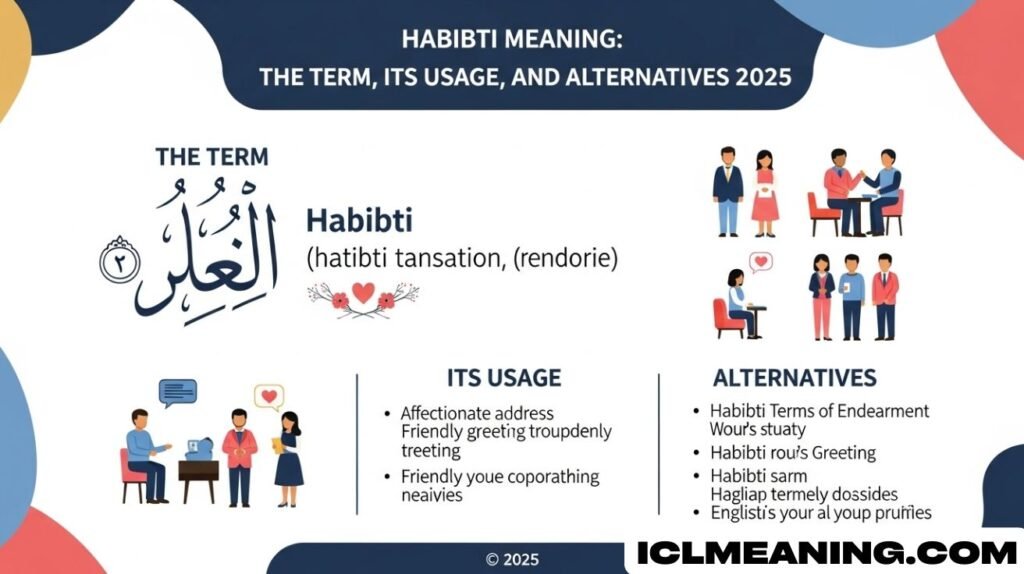
The difference between habibi vs habibti lies mainly in gender. “Habibi” is for males, while “habibti” refers to females. This distinction shows how the Arabic language naturally includes gender in its affectionate vocabulary. Both words, however, share the same loving emotion.
In modern communication, people often mix the two. Yet, the feminine form of habibi—habibti—should be used when speaking to a woman. Knowing this helps learners use the term correctly in texts or conversations while honoring how Arabs express affection naturally.
When to Say Habibti in Everyday Conversations
Knowing when to say habibti depends on the level of closeness and familiarity. Among family and close friends, it is common and heartfelt. It can be used to greet, comfort, or thank someone in a kind, warm tone.
In formal settings, especially in the U.S., habibti in modern communication should be used carefully. Using it toward strangers may sound too personal. Understanding how to use habibti in a sentence allows speakers to express affection appropriately and respectfully.
Habibti Pronunciation and Everyday Usage
The habibti pronunciation is “ha-beeb-tee,” with emphasis on the second syllable. In Arabic-speaking regions, pronunciation varies slightly depending on dialect, but the emotion remains constant. It’s a word that softens speech and makes communication more heartfelt.
In English-speaking environments, learning the correct habibti pronunciation shows cultural respect. Many people use it playfully in texts or captions, showing how the habibti meaning in English has blended into global pop culture and digital expression.
Examples of Habibti in Text and Speech
Seeing examples of habibti in text helps understand how it’s used daily. A friend might write, “Good morning, habibti!” or “Don’t worry, habibti, you’ll be fine.” These examples reveal the word’s comforting and affectionate tone.
Such usage shows how Arabic love expressions have become part of English slang. Whether spoken or written, these romantic Arabic phrases like “habibti” spread positivity and emotional warmth in relationships and friendships alike.
Polite Alternatives to Habibti in English
There are many polite alternatives to habibti in English, such as “dear,” “sweetheart,” or “love.” These phrases share a similar tone but carry different cultural meanings. English speakers use them to show care in both romantic and friendly contexts.
However, common Arabic greetings and endearments like “habibti” carry a unique emotional intensity. Comparing them reveals how language shapes affection. Whether saying “take care” or “habibti,” both express sincerity and warmth in communication.
The Global Popularity of Habibti Meaning
Today, the Habibti Meaning extends beyond the Arabic-speaking world. It appears in songs, movies, and social media posts, representing affection and unity across cultures. This shows how love-related words travel easily between languages.
In global communication, habibti origin and usage highlight how cultural terms evolve into universal expressions. As people learn and share affectionate Arabic words, they bring more emotional understanding into everyday English speech and relationships.
FAQs
What does habibti mean to a girl?
It means “my beloved” or “my darling,” a sweet Arabic term of endearment used to show affection toward a female.
Can I say habibti to a boy?
No, habibti is feminine; for a male, the correct term is habibi, which carries the same loving meaning.
Is habibti flirty?
Habibti can sound flirty depending on tone and relationship, but in many cases, it’s used platonically among friends or family.
What do Arabs call their lover?
Arabs often say habibi (to a man) or habibti (to a woman) as romantic and affectionate ways to call their lover.
Final Thoughts
Understanding habibti meaning and related expressions like hiatus and stand for enriches not only vocabulary but also emotional communication. Whether you’re exploring Arabic terms of endearment or improving your English, each word carries culture, warmth, and connection.
In a world where languages merge online and offline, learning the habibti meaning in English and its cultural significance encourages mutual respect and appreciation across communities. The next time you hear someone say “habibti,” you’ll know it’s not just a word—it’s a reflection of love, care, and timeless human connection.

